All students must maintain a minimum cumulative grade point average (GPA) of 2.00 or greater. Review of GPA will be performed after each semester of enrollment (Fall, Spring, and Summer). Any student with a cumulative GPA less than 2.00 will be placed on financial aid warning.
All students must pass no less than 67% of attempted credits. Pace of progression is calculated by dividing cumulative hours successfully completed by cumulative hours attempted. Review of pace will be performed after each semester of enrollment. Only grades of A, B, C, D, or P will be counted towards progress. Any other grade including E, F, I, W, or NP will not count towards pace of progression. Any student who falls below a cumulative pace of progression of 67% of credits attempted will be placed on financial aid warning.
- Students are placed on financial aid warning if their cumulative GPA is below a 2.00 OR if their cumulative pace of progression falls below 67%.
- Students on financial aid warning will continue to receive financial aid for one subsequent semester (warning period).
- A review will be performed after the warning period, and aid will continue if the student is making Satisfactory Academic Progress at the time of review. Any student who does not have a 2.00 GPA or has not passed at least 67% of cumulative credits attempted after the warning period will no longer be eligible for financial aid at Miles Community College.
Students are expected to complete their program of study in a reasonable time period. A student's aid eligibility is limited to 150% of the required credits for each program of study. Any student who exceeds the maximum time frame will be placed on financial aid suspension. A student's maximum time frame is based on total credit hours attempted at Miles Community College plus any transfer credits accepted towards his/her program of study. These limits apply regardless of whether or not the student has received financial assistance during prior semesters. Required credits include pre-requisite classes for any program. Examples of credit limits are listed below:
| Credits Required for Program in Catalog |
Credits of Financial Aid Eligibility |
| 30 required credits (1 year Certificate) |
(30 X 150% = 45) 45 attempted credits |
| 60 required credits (2 year Degree) |
(60 X 150% = 90) 90 attempted credits |
| 72 required credits (2 year Assoc. of Science Nursing Degree) |
(72 X 150% = 108) 108 attempted credits |
- Students who do not meet the qualitative and quantitative components listed above after a warning period will be placed on suspension. Students on financial aid suspension are not eligible to receive financial aid for any subsequent terms.
- Students exceeding the maximum timeframe allowed to obtain a degree or are mathematically unable to finish their program within the maximum time frame, will be placed on immediate suspension.
- A student may qualify for reinstatement of financial aid eligibility by enrolling at his/her own expense and bringing his/her cumulative GPA above 2.00 and by completing the appropriate percentage of credit hours attempted to meet the 67% cumulative pace of progression rate.
- A student may also appeal his/her financial aid suspension status (please review the appeal process below).
A student may appeal his/her financial aid suspension if extenuating circumstances (death of a relative, injury or illness of the student, or other mitigating circumstance) exist. Appeals must be made in writing to the Financial Aid Appeals Committee, and must include supporting documentation of the extenuating circumstance.
In the appeal request, the student must provide the following information:
1) Why the student failed to maintain satisfactory academic progress and
2) What has changed in the student's situation that would allow him/her to demonstrate satisfactory academic progress at the next evaluation.
If a student's appeal is granted, he or she will be placed on Financial Aid Probation allowing the student to receive aid (federal, state or institutional) for one payment period. At that point, the student must meet Miles Community College's standards of academic progress or the requirements of an academic plan that was established on an individual student basis as a result of the appeal process. The Committee's decision is final and may not be appealed further. A student will be allowed one appeal only unless a separate extenuating circumstance occurs. Although rare, a second appeal may be granted with special approval from the Financial Aid Director and the Financial Aid Appeals Committee.
- Official Withdrawals: Students who wish to leave school prior to the end of the semester should complete the official withdrawal process. Withdrawal forms are available at the Student Services window and must be completed and returned in order for the withdrawal request to be processed. Students who withdraw for any reason will be placed on financial aid suspension for all subsequent semesters. Repayment of financial aid may be required in accordance with federal regulations.
- Unofficial Withdrawals: Students who receive no passing grades for a semester are considered unofficial withdrawals and will be placed on financial aid suspension. Repayment of financial aid may be required in accordance with federal regulations based on the student's last date of attendance of an academically related activity.
Enrollment Status: full-time student, 12 or more credit hours; three-quarter time student, 9-11 credit hours; halftime student, 6-8 credit hours; and less than half-time student, up to 5 credit hours. For financial aid purposes, enrollment status is based on credit hours for which the student is enrolled as of the published date considered to be the eighth day of the term for Fall and Spring semesters and the fourth class day for Summer semester. Financial aid will be adjusted to reflect less-than-full-time status if the student is not registered for at least 12 credits hours on that date. Financial aid will not be adjusted to reflect credit hours added or dropped after that date. However, when a student is registered for a class on the first day of the term but does not begin attendance, aid will be adjusted as a non-attended class cannot count towards enrollment status. All summer courses are considered one term.
For financial aid purposes, repeat coursework will be considered as hours attempted and may be used to determine enrollment status. A student may receive financial aid for repeated coursework if the student has not previously received a passing grade in the course. Students who repeat a previously passed course may receive financial aid for that course one time only.
Students who have obtained an Associate degree and wish to return to Miles Community College for a subsequent degree may be eligible for financial aid. Changes in degree programs (AAS, AS, AA, ASN, or Certificate) will receive consideration as they are separate and distinct degree programs. Students must inform Student Services of the new degree prior to enrollment. If the financial aid office is unable to determine the new degree program the student may be placed on financial aid suspension if he/she exceeds the max credit limit. Funding for second degrees will occur only if the first degree has been granted. If a first degree has not been granted, refer to the Change of Major/Dual Degree sections below. If a student is approved for a new degree or certificate, the student will only be funded for courses that relate to the new degree or certificate program. It is the student's responsibility to take only courses that are required for the new degree program. Enrolling in additional courses may result in suspension.
Although rare, students may seek two degrees simultaneously. This may occur when a student seeks to obtain degrees in similar programs. For financial aid purposes, no more than two degrees may be funded at one time. Students who are seeking two degrees must inform Student Services prior to enrollment. Students seeking multiple degrees may receive funding for courses applicable for both degrees if the student has a reasonable possibility of obtaining both degrees.
Academic advisors have authority to grant dual degree seeking status; students must meet with their academic advisor for approval. The max time frame rules still apply to students seeking multiple degrees.
Students must be aware that a change in major may prohibit them from graduating within the maximum time frame previously described. Credit hours attempted prior to a change in major program of study are counted towards the maximum time frame if those credit hours are applicable to the new degree.
Students may include as part of their minimum credit load certain sub-100 remedial courses which do not apply toward graduation requirements. These courses may be funded, and also count towards credits attempted. However, some remedial courses are "direct assessment" and are not financial aid eligible. Direct assessment courses do not award credit. Students progress at their own pace and receive a passing grade with the successful completion of an ending assessment exam.
Continuing Education (CE) coursework, workshops, independent study, challenge courses, CLEP, noncredit and credit Ed2Go classes are not eligible for financial aid funding.




